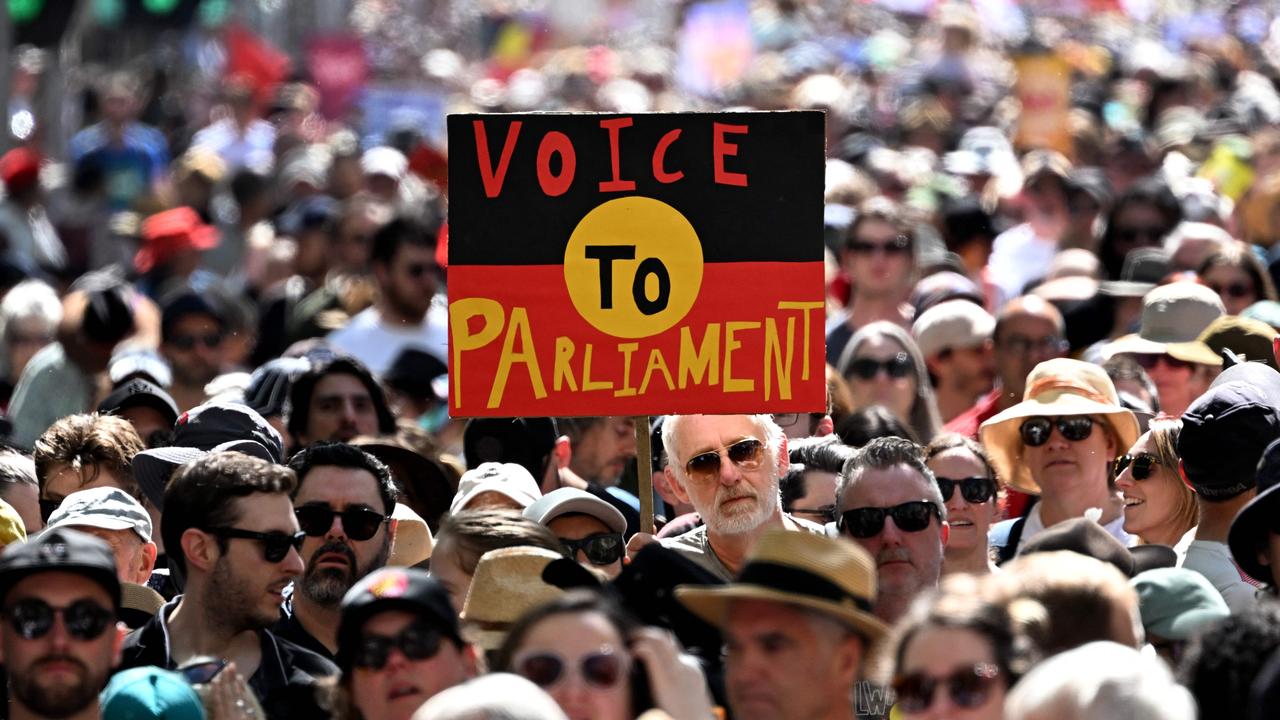Australians may have resoundingly rejected the Voice proposal but South Australia is pressing ahead with the reform despite the result.
SA Premier Peter Malinauskas has already legislated a state-based implementation of the Uluru Statement from the Heart – Voice, Treaty and Truth.
But the resounding vote against the proposal – including in South Australia – has sparked calls to repeal the legislation.
“South Australians have voted clearly against a Voice to Parliament and it’s now up to Peter Malinauskas to explain where to from here,” SA Opposition Leader David Speirs said.
The SA Voice will not have any powers to veto legislation or stop Parliament undertaking its duties and functions.
But it can engage with the South Australian Government, including Cabinet, Cabinet Ministers, and Chief Executives of government departments.
And it will meet with the SA Cabinet at least twice per year.
So advanced is the introduction of the Voice in South Australia that the inaugural First Nations Voice election will be held on Saturday 16 March 2024.
Aboriginal and Torres Strait Islander people living in South Australia will be able to vote for their Local First Nations Voice representative.
Eligible voters will be able to nominate as a candidate for the Local Voice between 22 January 2024 and 12 February 2024.
SA Premier Peter Malinauskas told Sunday Mail on Saturday night that the work would continue.
“The Prime Minister honoured his commitment to put a constitutionally enshrined First Nations Voice to a vote in a referendum. Our democracy has now decided against that model – but the work at a federal level to close the gap on Indigenous disadvantage must continue.”
Treaty in Victoria
Meanwhile, Victoria is pressing ahead to become the first state to commence a treaty process with Aboriginal peoples.
No formal treaty has ever been signed between Aboriginal and Torres Strait Islander peoples and the British or Australian governments.
However, Victoria was arguably home to the first attempted treaty between First Nations people and European settlers when grazier John Batman sailed across the Bass Strait to engage with Wurundjeri, Bunurong and Wathaurung peoples near the Yarra River in 1835.
The document, which he claimed was signed by tribal elders and amounted to a ‘treaty’ ceded him over 200,000 hectares of land in exchange for blankets, knives, flour, and scissors.
The treaty was later annulled by proclamation of the government of the day.
Nearly 200 years later, the Victorian Government passed the Treaty Act, Australia’s first ever Treaty law.
The Treaty Act sets out a road map towards Treaty negotiations and outlines protocols to give practical application to the guiding principles set out in the Advancing the Treaty Process with Aboriginal Victorians Act 2018.
The First Peoples’ Assembly has paid tribute to outgoing Victorian premier Daniel Andrews for introducing the reforms.
The Assembly wrote on LinkedIn that “History will remember Dan Andrews for his many achievements”.
“Our mob will always remember and appreciate the willingness of his government to embark with us on the shared journey to Treaty in Victoria,’’ it said
“Victoria has led the nation in pursuing Voice, Treaty and Truth and we recognise the significant role Daniel Andrews has played in that,” Fellow assembly Co-Chair, Wamba Wamba, Yorta Yorta, Dhudhuroa and Dja Dja Wurrung woman, Ngarra Murray said.
“Daniel Andrews knows that we always get better outcomes when Aboriginal people have the ability to make the decisions that affect Aboriginal people.”
